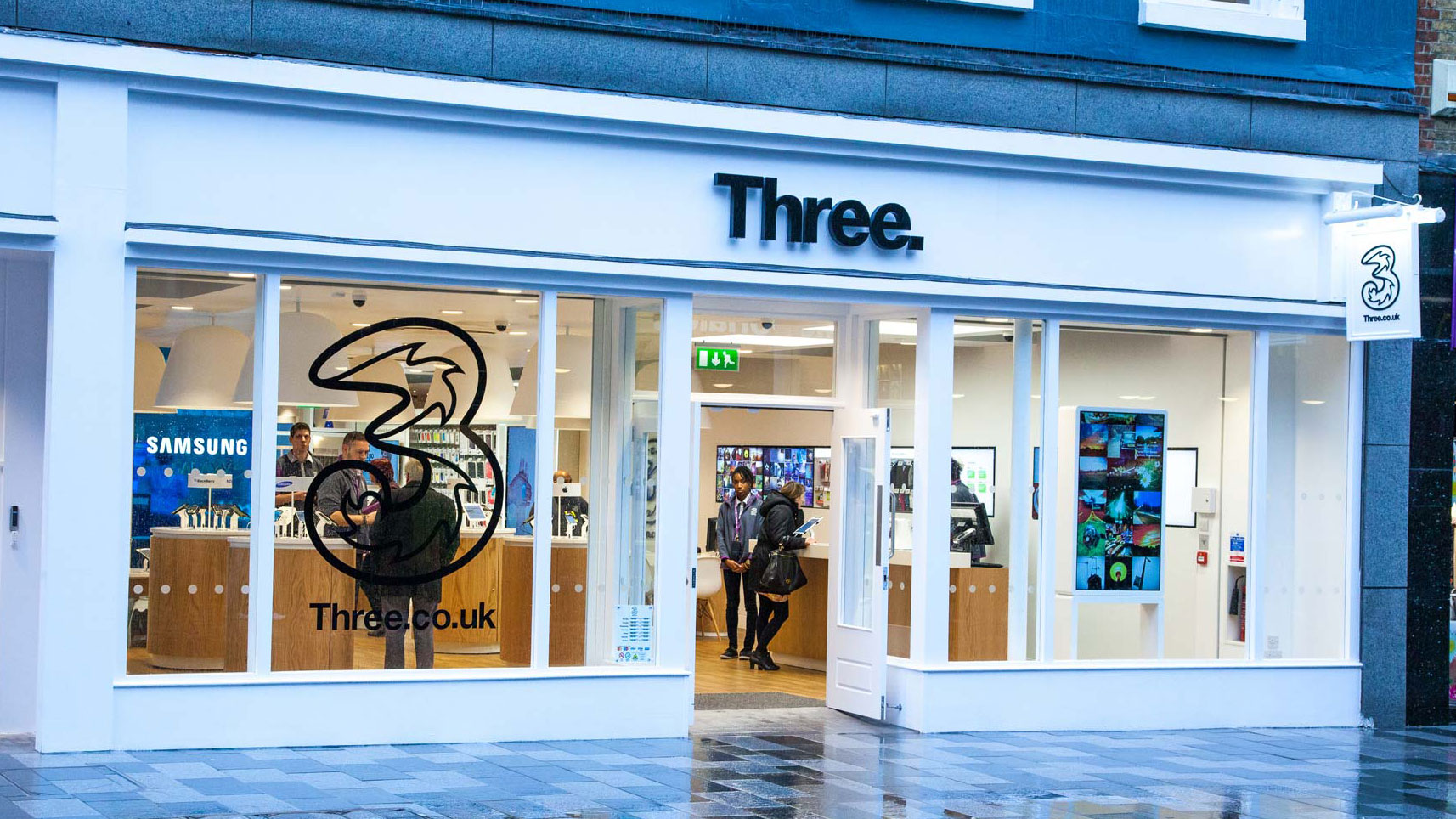Three wants regulatory reform to aid 5G rollout in rural areas
Three believes government is too focused on fibre

Three has said it can help the UK achieve its ultrafast broadband ambitions using 5G – if network building and upgrade regulations are eased.
The government considers fibre connectivity to be an essential element of its economic strategy as it will spread the benefits of a digital society across the country and narrow the digital divide. Its target is 85% coverage by 2025.
Investments in fibre infrastructure by BT, Virgin Media and ‘alt-nets’ will be critical, with Openreach alone committing to connecting 25 million premises by 2026. This figure includes 6.2 million premises in rural areas.
- These are the best business SIM-only deals around today
- And the best business broadband deals
- Here are the best business mobile phone deals
Three 5G
Other technologies, such as satellite and 5G Fixed Wireless Access (FWA), will be used to connect those in the hardest to reach areas, but Three says 5G can play a much greater role and at a lower cost than fibre.
A report commissioned from CCS Insight claims that the cost of deploying 5G FWA in rural areas would be half those for full fibre deployments and would be much quicker. This, the report says, is because there is less need to lay cables or install wires at the customer premises.
“The Government’s ambition to reach at least 85% of UK premises with gigabit-capable broadband by 2025 is an ambitious target,” said Kester Mann, analyst at CCS Insight. “It will necessitate urgent policy reform to remove barriers to network deployment, an acceleration in build-out ambition from UK providers and an open approach to new connectivity solutions through a mix of technologies. 5G fixed wireless access can form a significant part of this.”
However, to achieve these benefits, it wants changes to the Electronic Communications Code (ECC) that allow mobile operators to more easily exercise the rights they have to build and upgrade sites – especially those that allow them to enter new agreements with landlords. This, it argues, would allow it to devote resources to building networks rather than fighting legal battles.
Are you a pro? Subscribe to our newsletter
Sign up to the TechRadar Pro newsletter to get all the top news, opinion, features and guidance your business needs to succeed!
The suggestion is that a 60% reduction in site rentals over ten years would fund the expansion of Three’s 5G network by 20%.
Three also wants reforms to the ‘Permitted Development Rights’ framework which it believes limits the ability to build and upgrade infrastructure. Specifically, it would like wider and taller sites to boost capacity and coverage, as well as the ability to deploy masts close to major roads to improve coverage in urban areas – not just rural sites.
Fixed Wireless Access
“Gigabit speed internet is critical for the UK’s long-term prosperity. However, the government is too focused on investing in one type of technology - fixed line,” added David Hennessy, Chief Technology Officer, Three UK and Ireland.
“Fixed line, or fibre, is significantly more difficult to roll out than FWA, which only needs a mobile signal to operate. It’s time for a greater consideration of a wider pool of technology, particularly FWA, to help those in rural areas have access to faster internet and ultimately help reduce the digital divide.”
FWA is a key area of focus for Three, which unlike EE, Three and Virgin Media O2 does not operate fixed broadband services and believes its substantial mid-range spectrum holdings will give it an advantage in 5G. In addition to providing gigabit broadband in rural areas, Three also believes there is a market in other parts of the country where flexibility is a key consideration.
Three has already upgraded more than 1,250 sites to 5G and 1.6 million households can access its FWA service.
The company isn’t the only operator to engage in a spot of lobbying this week, with Vodafone urging greater support for the business 5G ecosystem, arguing that next-generation networks can play a key role in the UK’s economic strategy.
- Here are the best Three mobile phone deals
Steve McCaskill is TechRadar Pro's resident mobile industry expert, covering all aspects of the UK and global news, from operators to service providers and everything in between. He is a former editor of Silicon UK and journalist with over a decade's experience in the technology industry, writing about technology, in particular, telecoms, mobile and sports tech, sports, video games and media.